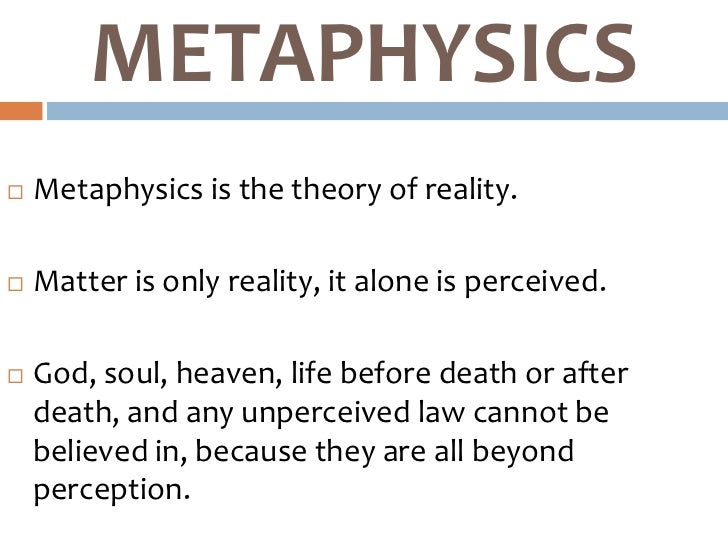
How do I get started with philosophy? Which books are the best to begin with? What was Carvaka's philosophy? Why did the Carvaka school of Indian philosophy fail? BOOK REVIEW Carvaka Philosophy: A New Look Subhendu Sarkar The Carvaka/Lokayata has a special place in the history of Indian philosophy. Contending against the pro.
• • • Charvaka (: Cārvāka), originally known as Lokāyata and Bṛhaspatya, is the ancient school of Indian. Charvaka holds,, and conditional as proper sources of knowledge, embraces and rejects,, and. Is credited as the forerunner of the Charvakas, while Brihaspati is usually referred to as the founder of Charvaka or Lokāyata philosophy. Much of the primary literature of Charvaka, the (ca. 600 BCE), are missing or lost.
Its teachings have been compiled from historic secondary literature such as those found in the,, and the as well as in the dialogues of and from. One of the widely studied principles of Charvaka philosophy was its rejection of as a means to establish valid, universal knowledge, and truths. Ecostar Led Tv Software Update on this page. In other words, the Charvaka epistemology states that whenever one infers a truth from a set of observations or truths, one must acknowledge doubt; inferred knowledge is conditional.
Charvaka is categorized as a school of. It is considered an example of atheistic schools in the. • • • Charvaka believed that there was nothing wrong with pleasure. Avid Composer 6 Keygen Music. Since it is impossible to have pleasure without pain, Charvaka thought that wisdom lay in enjoying pleasure and avoiding pain as far as possible. Unlike many of the Indian philosophies of the time, Charvaka did not believe in austerities or rejecting pleasure out of fear of pain and held such reasoning to be foolish.
The Sarvasiddhanta Samgraha states the Charvaka position on pleasure and hedonism as follows, The enjoyment of heaven lies in eating delicious food, keeping company of young women, using fine clothes, perfumes, garlands, sandal paste. While is death which is cessation of life-breath. The wise therefore ought not to take pains on account of moksha. A fool wears himself out by penances and fasts. Chastity and other such ordinances are laid down by clever weaklings. Main article: There was no continuity in the Charvaka tradition after the 12th century.
Whatever is written on Charvaka post this is based on second-hand knowledge, learned from preceptors to disciples and no independent works on Charvaka philosophy can be found. Chatterjee and Datta explain that our understanding of Charvaka philosophy is fragmentary, based largely on criticism of its ideas by other schools, and that it is not a living tradition: 'Though materialism in some form or other has always been present in India, and occasional references are found in the Vedas, the Buddhistic literature, the Epics, as well as in the later philosophical works we do not find any systematic work on materialism, nor any organised school of followers as the other philosophical schools possess. But almost every work of the other schools states, for refutation, the materialistic views. Our knowledge of Indian materialism is chiefly based on these.'
Controversy on reliability of sources [ ] Bhattacharya states that the claims against Charvaka of, lack of any morality and ethics and disregard for spirituality is from texts of competing religious philosophies (Buddhism, Jainism and Hinduism). Its primary sources, along with commentaries by Charvaka scholars is missing or lost. This reliance on indirect sources raises the question of reliability and whether there was a bias and exaggeration in representing the views of Charvakas. Bhattacharya points out that multiple manuscripts are inconsistent, with key passages alleging hedonism and immorality missing in many manuscripts of the same text.
The Skhalitapramathana Yuktihetusiddhi by Āryadevapāda, in a manuscript found in Tibet, discusses the Charvaka philosophy, but attributes a theistic claim to Charvakas - that happiness in this life, and the only life, can be attained by worshiping gods and defeating demons. Toso posits that as Charvaka philosophy's views spread and were widely discussed, non-Charvakas such as Āryadevapāda added certain points of view that may not be of the Charvakas'. Download Google Sketchup Pro 8.0.3161 more. Buddhists,, and philosophers considered the Charvakas as one of their opponents and tried to refute their views. These refutations are indirect sources of Charvaka philosophy. The arguments and reasoning approach Charvakas deployed were significant that they continued to be referred to, even after all the authentic Charvaka/Lokāyata texts had been lost. However, the representation of the Charvaka thought in these works is not always firmly grounded in first-hand knowledge of Charvaka texts and should be viewed critically.